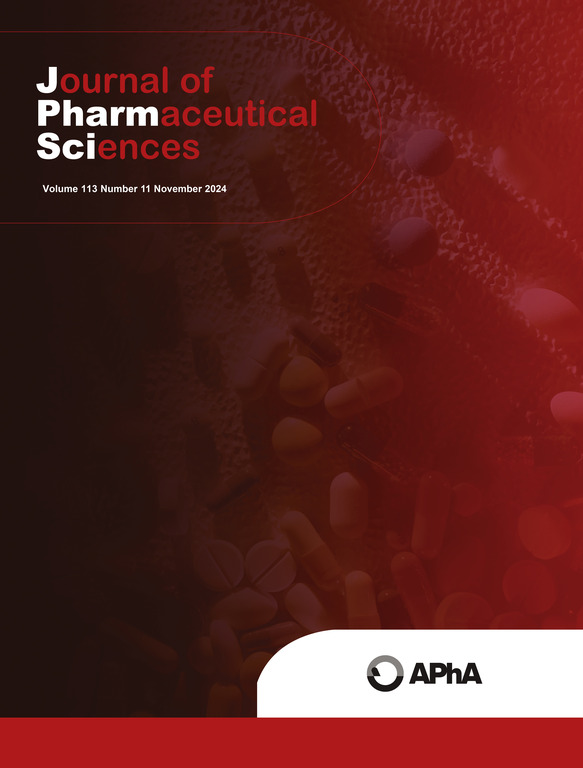Synthesis of pH-responsive hollow molecularly imprinted polymers for enhanced doxorubicin delivery in cancer therapy
IF 3.8
3区 医学
Q2 CHEMISTRY, MEDICINAL
引用次数: 0
Abstract
Doxorubicin (DOX) is a widely used chemotherapeutic agent effective against various cancers, but is often limited by significant side effects and poor bioavailability. This study presents the synthesis of a novel hollow molecularly imprinted polymer (H-MIP) as a pH-responsive nanocarrier for enhanced DOX delivery, utilizing an innovative approach that incorporates metal-organic frameworks (MOFs) as a supportive matrix within a green solvent environment. Comprehensive characterization of the materials was performed using an array of analytical techniques, including XRD, SEM, FT-IR, TEM, DLS, TGA, and zeta potential measurement. The resulting nanocarriers exhibited exceptional drug-loading capacity and demonstrated a pH-sensitive release profile, with significant DOX release observed under acidic conditions mimicking the tumor microenvironment (pH 5, 41 °C) compared to normal physiological conditions (pH 7.4, 37 °C). Additionally, in vitro cytotoxicity assessments on MCF-7 breast cancer cells revealed substantial cytotoxic effects of the DOX-loaded H-MIPs, with an IC50 value of 2 µg/mL. The obtained results highlight the potential of the synthesized H-MIP as an effective and intelligent drug delivery system, capable of improving the therapeutic efficacy of DOX while minimizing adverse effects associated with conventional chemotherapy.
ph响应中空分子印迹聚合物的合成用于增强阿霉素在癌症治疗中的传递。
多柔比星(DOX)是一种广泛使用的化疗药物,对多种癌症有效,但往往受到严重副作用和生物利用度差的限制。本研究提出了一种新型中空分子印迹聚合物(H-MIP)作为ph响应纳米载体的合成,用于增强DOX的输送,利用一种创新的方法,在绿色溶剂环境中结合金属有机框架(mof)作为支持基质。采用XRD、SEM、FT-IR、TEM、DLS、TGA、zeta电位等一系列分析技术对材料进行了全面表征。由此产生的纳米载体表现出卓越的载药能力,并表现出对pH敏感的释放特征,与正常生理条件(pH 7.4, 37°C)相比,在模拟肿瘤微环境的酸性条件下(pH 5, 41°C)观察到显著的DOX释放。此外,对MCF-7乳腺癌细胞的体外细胞毒性评估显示,负载dox的H-MIPs具有显著的细胞毒性作用,IC50值为2µg/mL。所获得的结果突出了合成的H-MIP作为一种有效和智能的药物传递系统的潜力,能够提高DOX的治疗效果,同时最大限度地减少与常规化疗相关的不良反应。
本文章由计算机程序翻译,如有差异,请以英文原文为准。
求助全文
约1分钟内获得全文
求助全文
来源期刊
CiteScore
7.30
自引率
13.20%
发文量
367
审稿时长
33 days
期刊介绍:
The Journal of Pharmaceutical Sciences will publish original research papers, original research notes, invited topical reviews (including Minireviews), and editorial commentary and news. The area of focus shall be concepts in basic pharmaceutical science and such topics as chemical processing of pharmaceuticals, including crystallization, lyophilization, chemical stability of drugs, pharmacokinetics, biopharmaceutics, pharmacodynamics, pro-drug developments, metabolic disposition of bioactive agents, dosage form design, protein-peptide chemistry and biotechnology specifically as these relate to pharmaceutical technology, and targeted drug delivery.

 求助内容:
求助内容: 应助结果提醒方式:
应助结果提醒方式:


